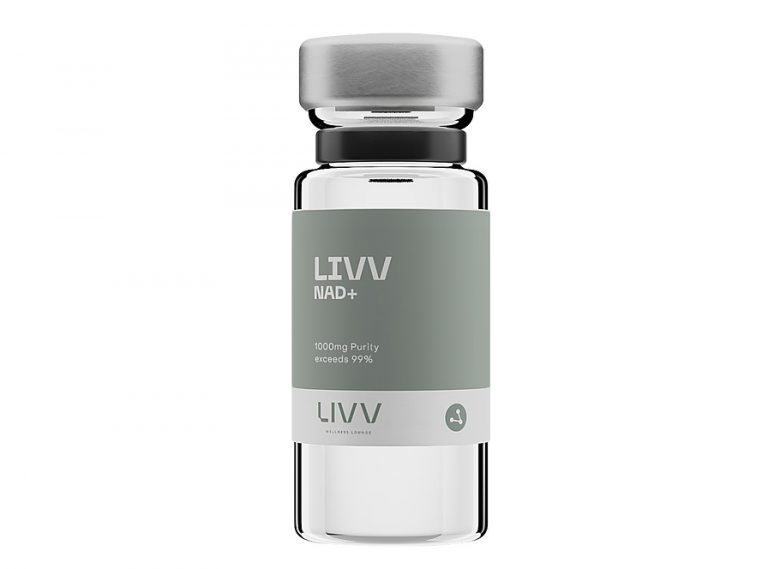FATIGUE | IV INFUSION THERAPY | SAN DIEGO

FATIGUE | IV INFUSION THERAPY | SAN DIEGO
Fatigue is on the rampant rise in our modern day society. We are all addicted to coffee and caffeinated beverages. Wouldn’t it be nice to go throughout your day, full of energy to further your knowledge and pursue your passions? In this current time, in the year 2016, we are constantly being bombarded by external stimuli. I am currently writing this blog post in front of 2 computer screens, an iPhone, and iPad as my side kick. We are constantly hyperactive and can never seem to slow down – probably why we are all constantly “Fatigued”.
“Fatigue – extreme tiredness, typically resulting from mental or physical exertion or illness.”
I believe fatigue stems from our environment and its effects on our human physiology and biochemistry. Our bodies are constantly fighting off different bacteria, viruses, electric magnetic frequencies, bluetooth, Wifi, BPA, etc. This causes our bodies to be depleted in many essential nutrients and vitamins to keep our immune system and neurological system in balance. Why do you think so many pharmaceutical and nutraceutical sales are increasing each and every day? Our world is toxic and our bodies are screaming for help – presenting in the way of low energy (fatigue).
One way to combat fatigue in our modern day society is IV vitamin therapy. IV vitamin therapy is a safe and effective way to introduce high quality nutrients in the body with 100% absorption. This allows to body the adequate nutrients to perform optimally at the cellular level to provide increased energy, improve mental clarity, and sense of overall wellbeing. This is done through the mechanism of the production of ATP (Adenosine Triphosphate) – the main energy source of the human body. In the production of ATP, essential nutrients are required such as your B-Vitamins, L-carnitine, magnesium, and many more nutrients. Having adequate ATP production improves mitochondrial function to power our body at the cellular level = more energy.
Fatigue encompasses a physical component which was explained by the metabolic processes of the production of ATP. Fatigue can also stem from a mental component such as neurological dysfunction and cognitive impairment. In the modern age, we are constantly on the go, not letting our brain cool down and have a well needed break. IV Infusion Therapy in the treatment of mental fatigue is therapeutically effective and scientifically researched. Examples of some key nutrients in neurological health is acetyl-L-carnitine, taurine, magnesium, and pantothenic acid (B6). IV nutrients are the most beneficial therapeutic administration of vitamins and minerals due to bypassing the gastrointestinal tract and increasing absorption to 100%. Keeping neurological function healthy and optimal should be a top priority to prevent age related diseases such as Alzheimer’s disease.
“The root of all health is in the brain. The trunk of it is in emotion. The branches and leaves are the body. The flower of health blooms when all parts work together.”
References
- F. R. Ellis and S. Nasser (1973). A pilot study of vitamin B12 in the treatment of tiredness. British Journal of Nutrition, 30, pp 277-283. doi:10.1079/BJN19730033.
- Effects of vitamin B-12 supplementation on neurologic and cognitive function in older people: a randomized controlled trial1,2
- Red blood cell magnesium and chronic fatigue syndrome
- Determining and Surveying the Role of Carnitine and Folic Acid to Decrease Fatigue in β-Thalassemia Minor Subjects
- De La Fourniere, F., Ferry, M., Cnockaert, X., Chahwakilian, A., Hugonot-Diener, L., Baumann, F., Nedelec, C., Buronfosse, D., Meignan, S., Fauchier, C., Attar, C., Belmin, J., and Piette, F. Vitamin B12 deficiency and dementia a multicenter epidemiologic and therapeutic study preliminary therapeutic trial [Deficience en vitamine B12 et etat dementiel etude epidemiologique multicentrique et therapeutique essai preliminaire]. Semaine Des Hopitaux 1997;73(5-6):133-140.
- Thal LJ, Carta A, Clarke WR, et al. A 1-year multicenter placebo-controlled study of acetyl-L-carnitine in patients with Alzheimer’s Disease. Neurology 1996;47:705-11.

